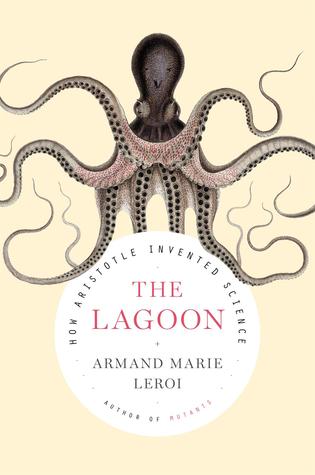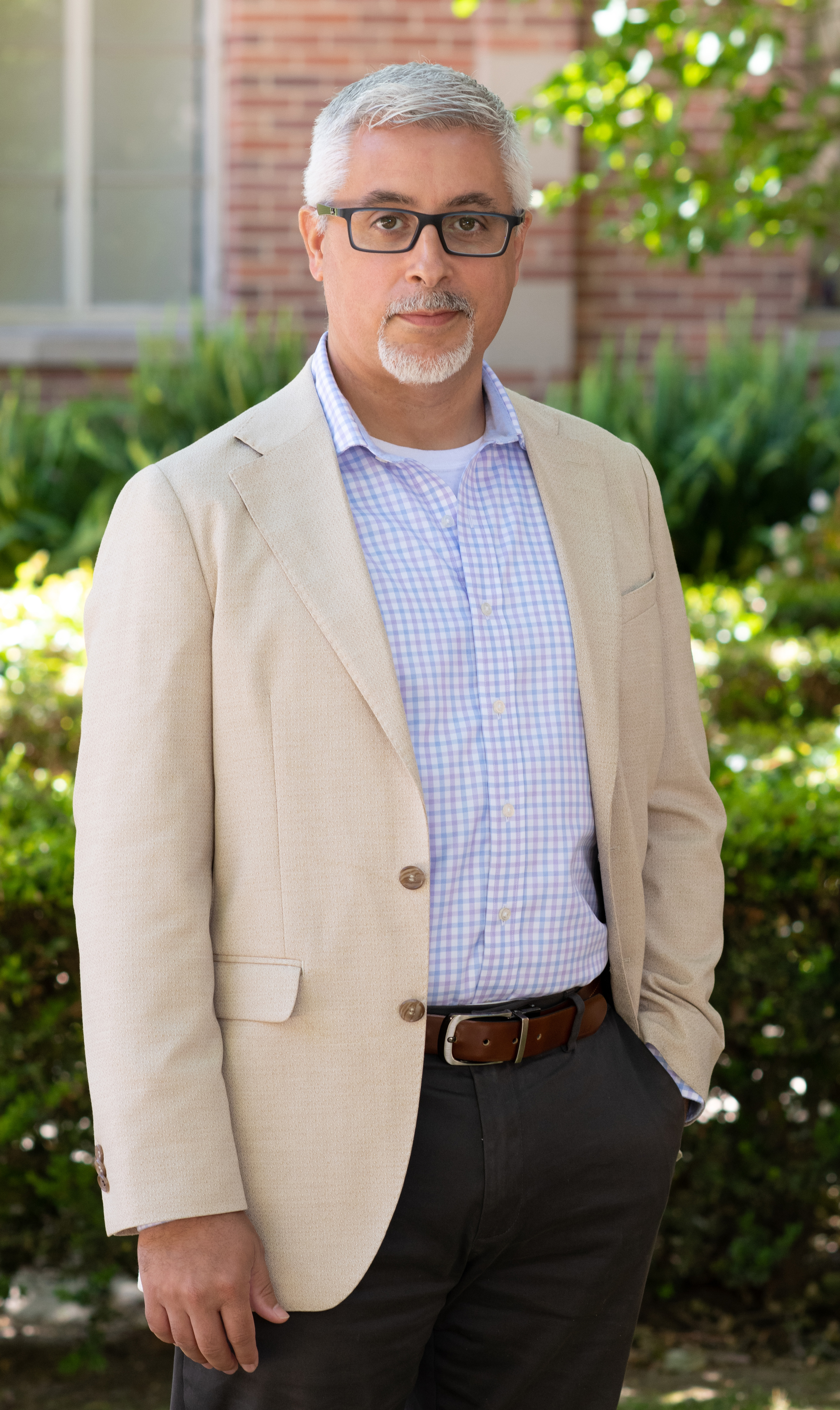 |
The Lagoon How Aristotle Invented Science
Armand Marie Leroi
Viking, 2014
ISBN: 978-0-670-02674-6 |
At its essence this book is a love letter to Aristotle. The author is not coy about his admiration for Aristotle as the original naturalist who observed the biological world and tried to make sense of it. Indeed Leroi feels that Aristotle’s legacy has been unfairly ignored and forgotten and this book is his attempt at righting that wrong. Using the lagoon of Kallonis in Lesbos (where Aristotle is said to have initiated his biological observations) as the backdrop, Leroi takes our hand and gingerly walks us through the rocky path that is the ancient Greek Master’s biological corpus. The author acknowledges that most of his readers (or professional scientists for that matter) are not acquainted with such works as Historia animalium or The Parts of Animals so he extracts examples from these, and other works to make his case that Aristotle was a scientist in the most basic sense.
It should be noted that history has been unkind to Aristotle’s scientific baby steps, so today he is generally “simply” considered a philosopher. In this treatise, Leroi tries to remind us that it is unfair to judge Aristotle using today’s stringent standards for defining the scientific endeavor- he simply lived in a different time and place so we need to adjust our calipers accordingly. Leroi urges to remember that and that if Aristotle didn’t stumble upon the concept of natural selection, despite the fact that he had made very telling observations, or if he chose to make rash conclusions on the form and function of animals without any directly experimental evidence, it is simply because his mindset was calibrated differently.
I am happy to accept the thesis of this book, if only because I am not a Greek scholar and feel inadequate to make any formal judgement, but I do feel confident enough to at least posit that perhaps Leroi is too generous with Aristotle. The author often seems confident that he knows what Aristotle must have been thinking when making his observations, but I am always nervous when introducing thoughts into other people’s minds. Even when well-intentioned, this exercise can end up grossly misrepresenting the truth. Was Aristotle a true pioneer and founder of science? Or was his thought process so divergent that he is nothing more than a philosopher? We certainly know what Leroi thinks, but I will let the reader make his/her own judgement.
